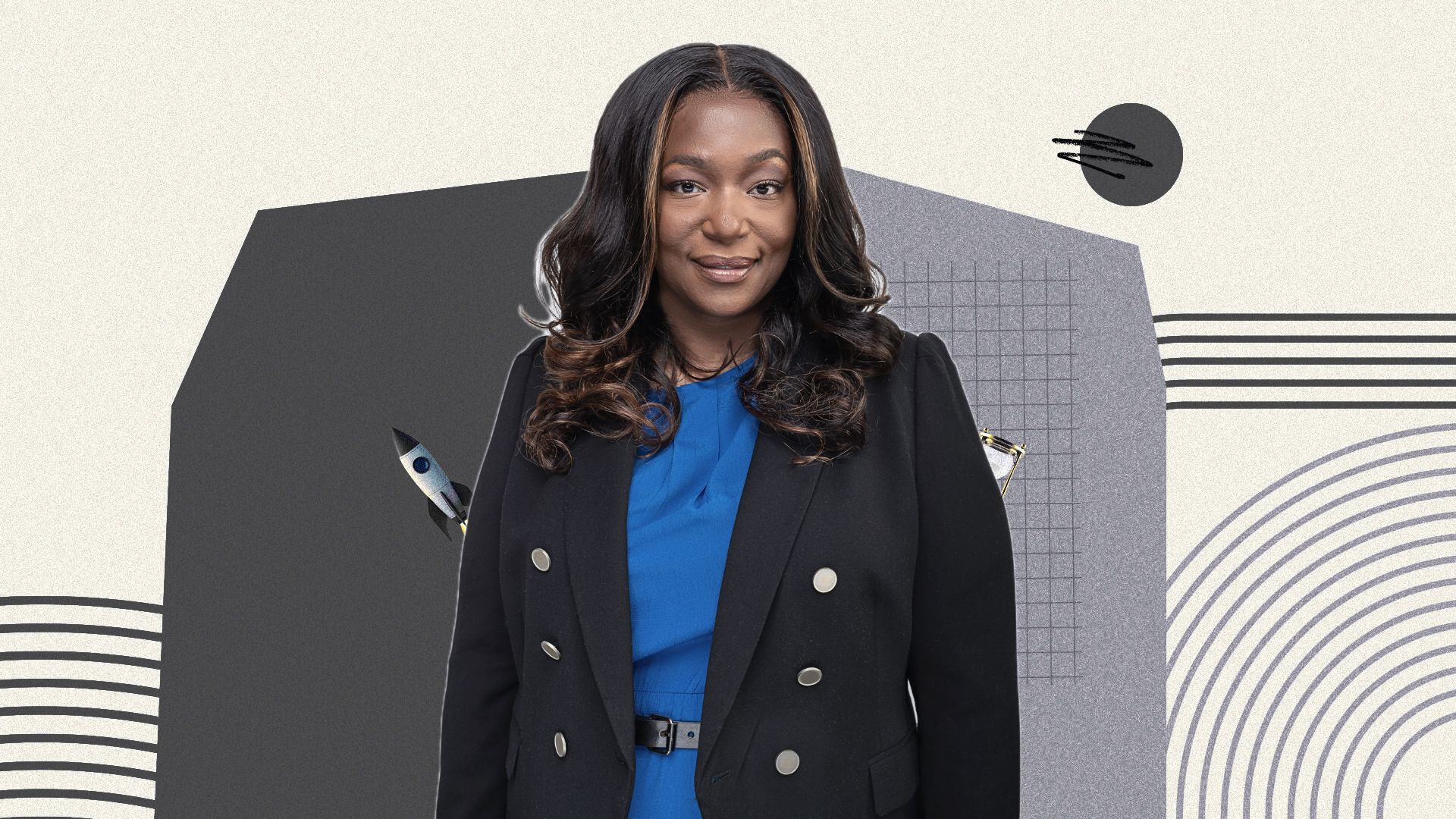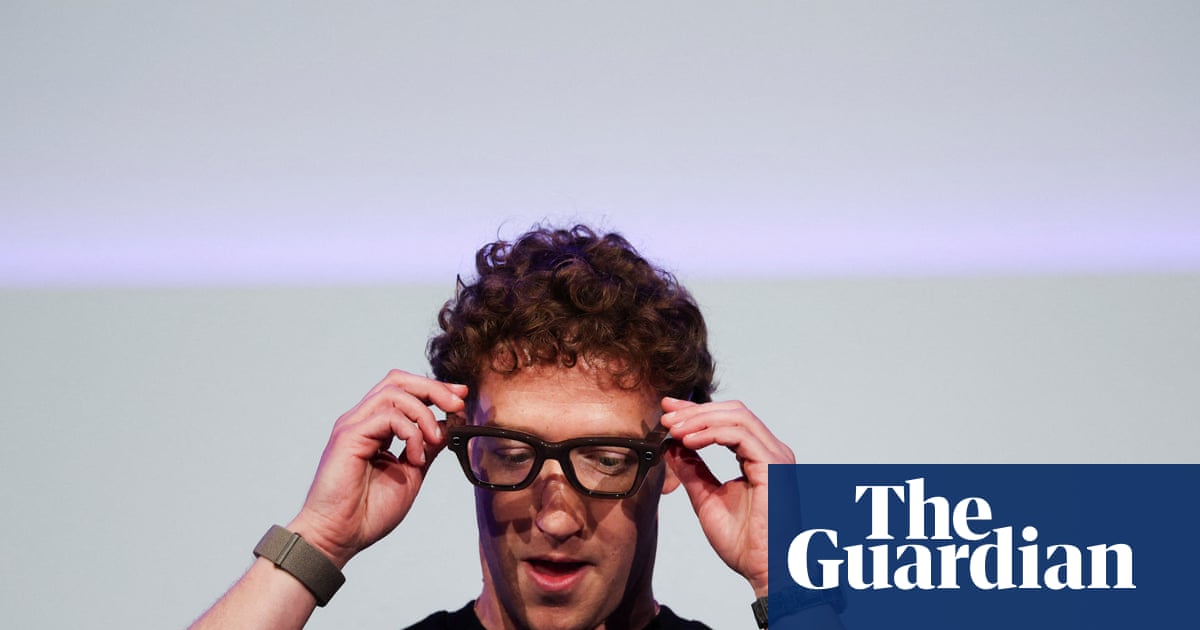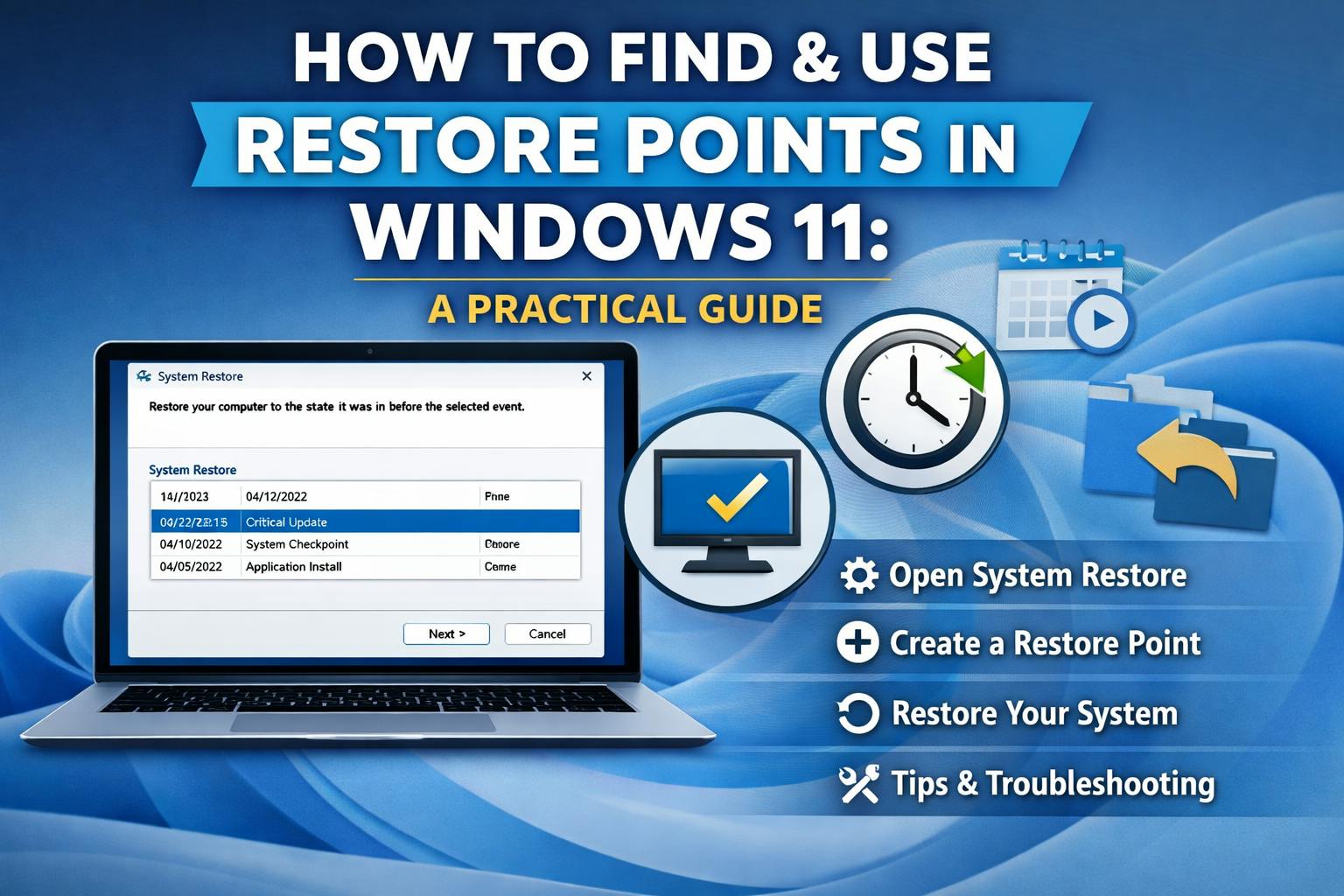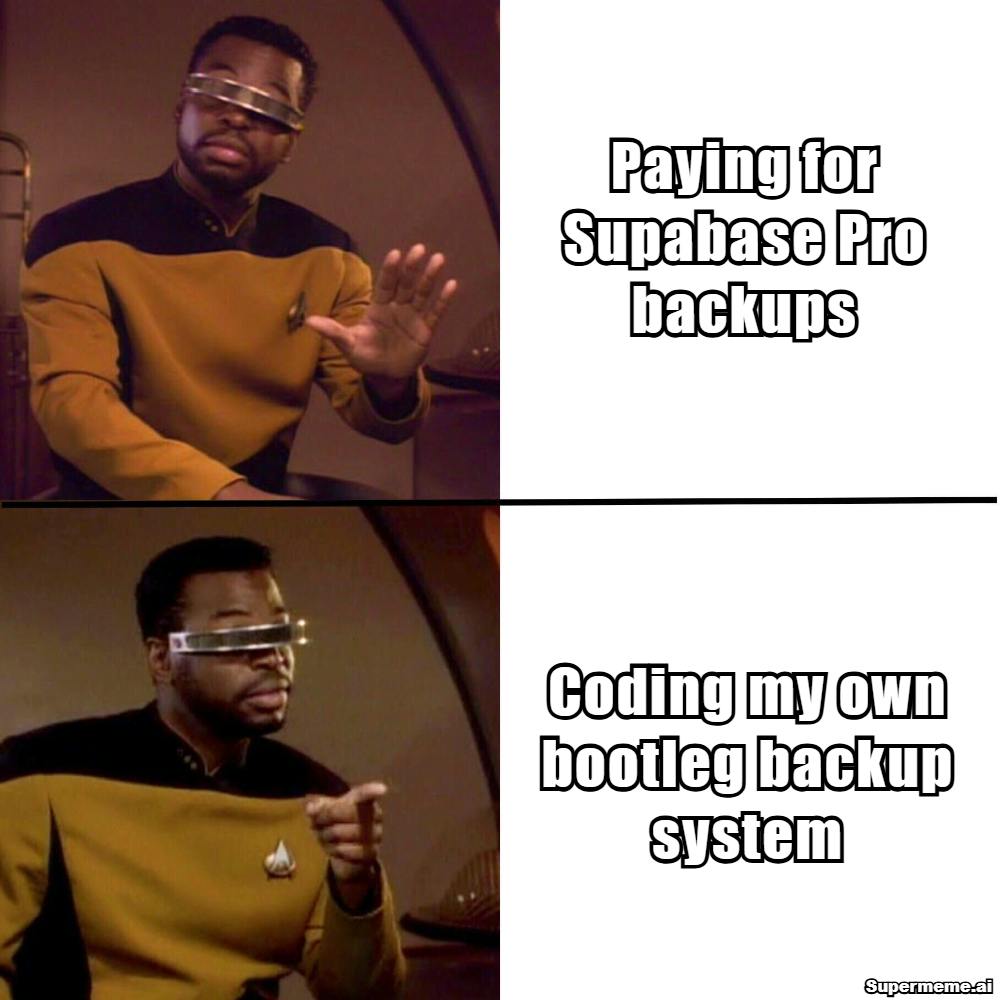Anne-Marie Headley’s parents came to the UK from the Caribbean as student nurses in the Windrush generation. Two decades later, their daughter would become one of the few Black women leading people strategy at global tech giants like Google, Cisco, and Uber. Her secret? She stopped waiting for others to recognise her value.
In 2018, Anne-Marie Headley was named STEM Leader of the Year at the Black British Business Awards. After more than 20 years of building people infrastructure for some of the world’s biggest tech companies, it was the first time she’d been publicly recognised for her work.
“It meant the world to me,” Headley says. “Probably up until 2018, that was my first time to actually be publicly recognised for the contribution that I’d made to the tech sector in the UK as a senior leader.”
Twenty years. One of the most senior Black women in UK tech. First public recognition.
This moment crystallised something Headley had learned to accept long before: “As a female, and as a Black female, where maybe there’s not huge representation where you work or in your industry, you can’t be hell bent on looking for positive reinforcement from your organisation or from your manager because it may come, but it also may not come.”
Her solution? Don’t wait.
The Windrush legacy
Headley’s parents arrived in Britain during the Windrush era, part of the wave of Caribbean immigrants invited to help rebuild post-war Britain. Both became nurses, building stable careers in the National Health Service.
Growing up in Croydon, a diverse South London borough, Headley knew from early on that she wanted to work with people. “I was very much interested in helping people realise their potential and maximise their potential,” she says.
She initially considered law, even volunteering at Brixham Law Society. But partway through university, she changed her degree to focus on psychology and business studies. Her second job after university landed her at a pan-European tech company. She was hooked.
“I love the idea of helping to solve problems, creating convenience, being entrepreneurial,” she explains. “But also, culturally, it was a fit for me. Tech, 20 years ago, very much felt like a meritocracy. What you put in is what you get out.”
Headley spent the first decade of her career helping US tech companies scale their European operations, building HR policies, systems, and procedures from scratch.
But there was a problem she couldn’t solve: isolation.
“Both my parents are first-generation Black folks in the UK,” Headley explains. “As I navigated my tech career, there weren’t a lot of role models or support that I could reach out to help navigate what I was experiencing in the corporate world.”
The tech industry 20 years ago didn’t have the sense of community it has today. There were no Slack groups for Black women in tech, no diversity forums, no mentorship programs. If you were the only Black woman in your company—which Headley often was—you figured things out alone.
This experience would shape everything that came after.
Inventing the ‘People Deal’
It was during these early years that Headley developed what she calls the ‘People Deal’—a philosophy that would guide her career and eventually help thousands of others navigate their own.
The concept is simple but radical: Your employer has expectations of what you’ll deliver. But you also have expectations of what your employer should deliver to you.
“You go to work every day. Your employer has expectations on what you’ll deliver, but you shouldn’t forget what your expectations are of your employer as well,” Headley explains. “It can be very easy to join a company year one, have lots of goals for yourself that just get overlooked the longer you spend at the company.”
For Headley, the signals are clear. “For me, I like to learn. I like to grow. But the minute that I’m not learning or growing, that is a cue to me that I need to ask for what I want. And if that’s not forthcoming, then that’s a cue to me that I need to look for a new environment.”
It’s about ownership.
“I think we owe it to ourselves to own our own career development and our own progress,” she says. “You can spend five, six years, eight years in a company, but actually the goals of why you joined and what you were hoping to achieve can get lost.”
The People Deal requires something many people find uncomfortable: explicit contracting with your manager about what you need to progress.
“I try and coach people to avoid a situation where you’re expecting your employer to take full ownership of developing you and advancing you,” Headley says. “My experience in the corporate world is, that rarely happens unless you’re very clear about what you want, when you want it, and you clearly contract with your manager.”
“You go to work every day. Your employer has expectations on what you’ll deliver, but you shouldn’t forget what your expectations are of your employer as well.”
Building expertise intentionally
The second part of Headley’s strategy involved building deep, recognisable expertise in a specific area.
“I’ve been very intentional [about] specialising in the tech sector,” she explains. “I could do HR in a variety of different sectors. I’ve specialised in tech. I’ve specialised in scaling businesses.”
This focus has compounded over 20 years. She moved from roles in scaling businesses to Big Tech—Cisco Systems, Google, Uber—where she learned best practices at scale. At Cisco, she covered the UK and Ireland, delivering talent programmes and supporting business planning activities, and deliberately sought opportunities outside her day job.
“I really wanted to develop my board skills,” she recalls. “Volunteering in the third sector gave me an opportunity to sit on the board of various youth zones, different charitable organisations. Even today, I’m an independent member of the remuneration committee at Warwick University.”
This wasn’t altruism disguised as career development. It was both.
“If your job is not allowing you to stretch yourself and learn new skills, volunteering is a way that you can actually double down on the skills development you’re trying to achieve.”
Coming to Africa
In 2023, Headley made a decision that surprised many of her peers: she moved to Africa.
“I came to Africa because I feel the future of tech is on the continent,” she says simply.
She joined M-KOPA, a fintech company providing smartphone financing and financial services to underbanked customers across Kenya, Uganda, Nigeria, Ghana, and South Africa. The company had been operating for over a decade and was ready for transformation.
“It was very clear that I was being brought in to help the team progress,” Headley says.
She’s candid about how uncomfortable this work has been. “I had to audit the skills of the team. We had to have candid conversations about what was working, what wasn’t working. We’ve gone through the change process, and it has been quite disruptive and quite tough.”
But she was also clear about the opportunity. “Moving from reactionary HR services to proactive services which were more strategic would allow members of my team to build new skills, operate at a new level, and be more customer-facing. That would support them building new skills for their CV that would make them more attractive in their local markets.”
This is the People Deal in practice, from the other side of the table. “My commitment to my team is: we will help you grow skills, whether that helps you advance internally or externally.”
She believes in what she calls the ‘multiply effect.’ “If we’re helping our people grow new skills, they’re going to go back out into the marketplace and help other companies accelerate. That’s good for the sector. It’s good for society. It’s good for Africa.”
Building the infrastructure she never had
Beyond M-KOPA, Headley has spent 20 years building the support systems that didn’t exist when she started.
She’s worked with the Aleto Foundation, connecting high-potential graduates with corporate opportunities and networks. Most personally, she’s worked with OnSide Youth Zones, creating safe spaces for young people to test their potential – “somewhere to go, something to do, someone to talk to.”
Headley helped build a state-of-the-art youth zone in Croydon, where she grew up. It operates 24/7, offering at least 20 activities a night ranging from music, to physical exercise, to arts and theatre activities.
“My family were very much of the ethos that wherever you are in the world, whatever you’re doing, try to leave a situation in a better place than what you found it,” she says.
She’s building the ladders that didn’t exist for her.
Preparing for the AI future
At M-KOPA, one of Headley’s most ambitious initiatives is the AI workplace strategy, which ensures African employees don’t get left behind as artificial intelligence reshapes work.
M-KOPA has given employees access to AI tools—ChatGPT, Claude, Copilot, Notion AI—and created comprehensive training programs. They’ve built AI champions in every department, created AI communities, and established AI labs where teams can get technical support for AI-powered projects.
Advice for the next generation
When I ask Headley what advice she’d give young women in Africa aspiring to global tech leadership, her answer is direct.
“Be very clear on where you’re trying to get to, and then build expertise in an area that enables that,” she says. “It’s tempting to be a jack of all trades, but think about: What’s the value you bring, and what’s unique about that value?”
She uses her own career as an example. “From a competitive perspective, there’s not many people that have the breadth of HR change and transformation experience specifically in the tech sector, specifically in scaling organisations. How I position myself to organisations is very clear and intentional because I’ve strategised that.”
For young professionals, this means asking hard questions. “Does your CV tell the story of an area you’ve built expertise in? Look at your CV and try to scope expertise in line with your career aspirations. Be clear on the value you provide to an employer.”
“It’s tempting to be a jack of all trades, but think about: What’s the value you bring, and what’s unique about that value?”
The legacy question
Headley’s vision for her legacy is simple but profound.
“The work that I do is really all about how I can help people realise and maximise their potential, whether that’s individuals at work, individuals outside work through volunteering, or how I help companies realise their potential,” she says.
This aligns with M-KOPA’s mission of helping customers make progress. “If through the work and relationships I’m building, people feel that I’ve helped them make progress, then that would be a perfect legacy for me.”
Don’t wait for permission
There’s a 20-year gap between Headley starting her tech career and receiving public recognition for it.
Twenty years of building people infrastructure for companies scaling across continents. Twenty years of being one of the few Black women in the room—often the only one. Twenty years without role models who looked like her.
She could have waited for someone to notice. To validate. To promote. To recognise.
Instead, she built the People Deal.
And now, she’s helping build the infrastructure that will allow the next generation of African tech talent to skip some of the isolation she experienced.
“You can’t be hell bent on looking for positive reinforcement,” Headley says. “It may come, but it also may not come. So how do you create your own measures of success?”
Her answer is clear: Own your development. Contract clearly. Build intentionally. Don’t wait.
The daughter of Windrush nurses didn’t wait for permission to build a global tech career. She negotiated for it instead.
And now she’s teaching others to do the same.










